Ngozi Okonjo-Iweala, Director-General of the World Trade Organization (WTO), has expressed deep concern over Nigeria’s state of development, stating that the country has not progressed as it should have over 60 years after gaining independence.
Speaking at the Nigerian Bar Association’s Annual General Conference in Lagos, Okonjo-Iweala stressed that Nigeria is “not where it should be” and called for a shift from blame games to concrete actions aimed at tackling the nation’s challenges.
Addressing the theme “Pressing Forward: A National Posture for Rebuilding Nigeria,” Okonjo-Iweala urged for policy consistency and warned against the frequent abandonment of effective policies with each change in administration.
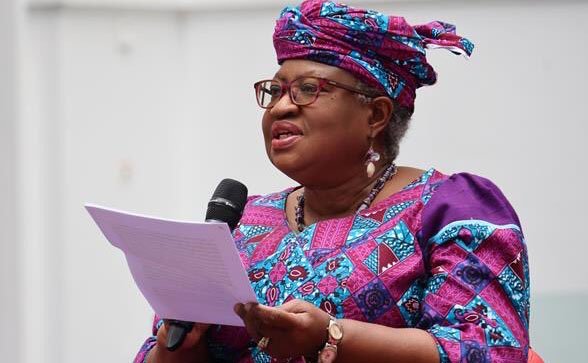
She emphasised the need for a “social contract” to protect essential policies through legal or constitutional measures, ensuring their continuity despite political changes.
Okonjo-Iweala stated, “Nigeria today is not where it should be, and our country has not progressed as it should have.
“That is why, more than 60 years after independence, we are still discussing nation-building.
“But we must shift our focus from blame games to concrete actions that tackle present and emerging challenges.
“I said this not in recrimination or even in futile regret, but rather as part of moving our country and advancing its interests.
“We are living in very difficult times, locally here in Nigeria, but also globally.
“I’m not here to castigate or blame anyone, I’m here to speak to all governments of my country, all political parties, all Nigerians, about a positive way forward for the country.
“We all understand that where policies are bad and not working, of course politics should intervene.
“But where things are working to the good, we ask, why fix what is not broken?
“By social contract, I mean a fundamental cross-party, cross-society agreement that certain things in the economy, in the country, in policy and in society are sacrosanct and shall not be touched or changed when administrations change.
“The social contract is about how we pool our resources to provide the public goods we agree are needed and how we support those affected by adverse shocks.
“I’m saying is that all major actors in the governance of our country should agree on some basic parameters for security, macroeconomic and social stability, and the enabling environment for future dynamism and growth of our country.
“Once agreed, these parameters and policies should be institutionalised or enshrined in law or even be made part of our Constitution, not to be tampered with, except perhaps through a national referendum involving the entire country and society.
“Maintaining good economic and social policies, that is, maintaining policy consistency, and adding more reforms on top of that will lead us along the path of good progress that we all desire.
“As we know, our political leaders have thus far never been able to agree to stick to a common set of principles and policies that deliver on a consistent basis for citizens, irrespective of ethnic group or political persuasion.
“A social contract could become a basis for the virtuous circles of reform, growth, peace, security and trust that have too long eluded us,” she added.
Follow the Parallel Facts channel on WhatsApp: https://whatsapp.com/channel/0029VaCQSAoHgZWiDjR3Kn2E



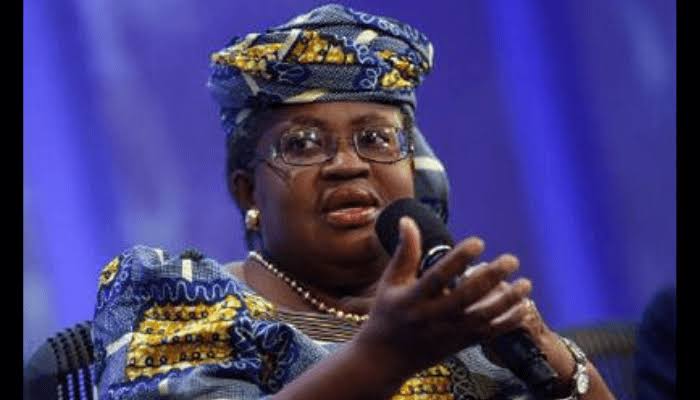
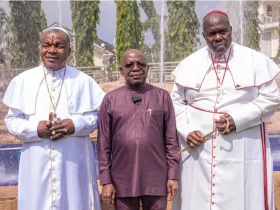


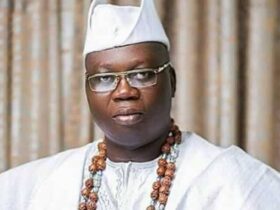
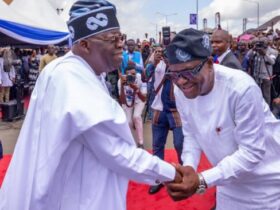
Leave a Reply